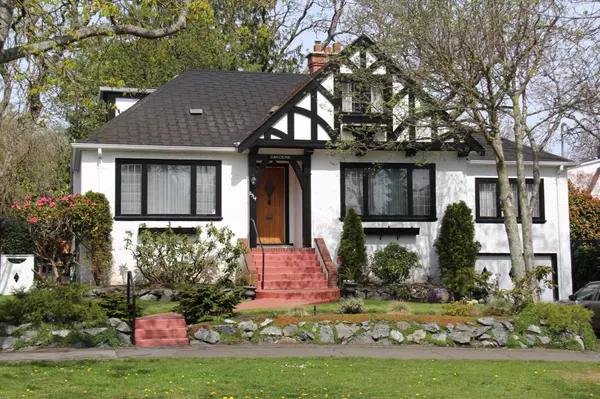BC Launches Short-Term Rental Registry: What You Need to Know


New Regulations Aim to Increase Housing Availability and Improve Oversight
The British Columbia government has officially launched its Short-Term Rental Registry, marking a significant step in regulating the province’s rental market. This move is designed to address the ongoing housing crisis by ensuring short-term rental operators comply with new provincial rules. If you're a host or looking to invest in short-term rentals, here’s what you need to know about the registry and its impact.
Why the Short-Term Rental Registry Was Introduced
The rise of short-term rental platforms like Airbnb and Vrbo has contributed to a decline in available long-term rental housing. With increasing concerns over affordability and housing shortages, the government introduced the registry to enhance oversight, enforce local bylaws, and ensure more housing remains available for permanent residents.
How the Registry Works
The new system requires short-term rental operators to register their properties and display a valid registration number on their listings. This allows municipalities and the province to track compliance more effectively. Hosts who fail to register may face fines or removal from rental platforms.
Who Needs to Register?
If you rent out a home or a portion of your property for less than 90 consecutive days, you must register under the new system. However, certain exemptions apply, such as designated hotels or long-term rental arrangements that exceed the short-term threshold.
Potential Impact on Short-Term Rental Hosts
For hosts, this means adapting to new regulations, ensuring properties meet local zoning laws, and potentially facing stricter enforcement. While some may find compliance challenging, others see this as a necessary step to level the playing field between short-term rentals and traditional accommodations.
What This Means for Renters and Homeowners
For renters and homebuyers, this change could improve housing availability, making it easier to find long-term rental options. Communities may also benefit from reduced noise and disturbances often associated with short-term rentals in residential neighborhoods.
Final Thoughts
The launch of British Columbia’s Short-Term Rental Registry reflects the province’s commitment to balancing tourism-driven rentals with the need for sustainable housing solutions. If you're a host, it’s essential to familiarize yourself with the new requirements to avoid penalties and continue operating legally.
#BCRealEstate #ShortTermRentals #AirbnbRegulations #HousingMarket #BCHousingPolicy
Categories
Recent Posts










"My job is to find and attract mastery-based agents to the office, protect the culture, and make sure everyone is happy! "

